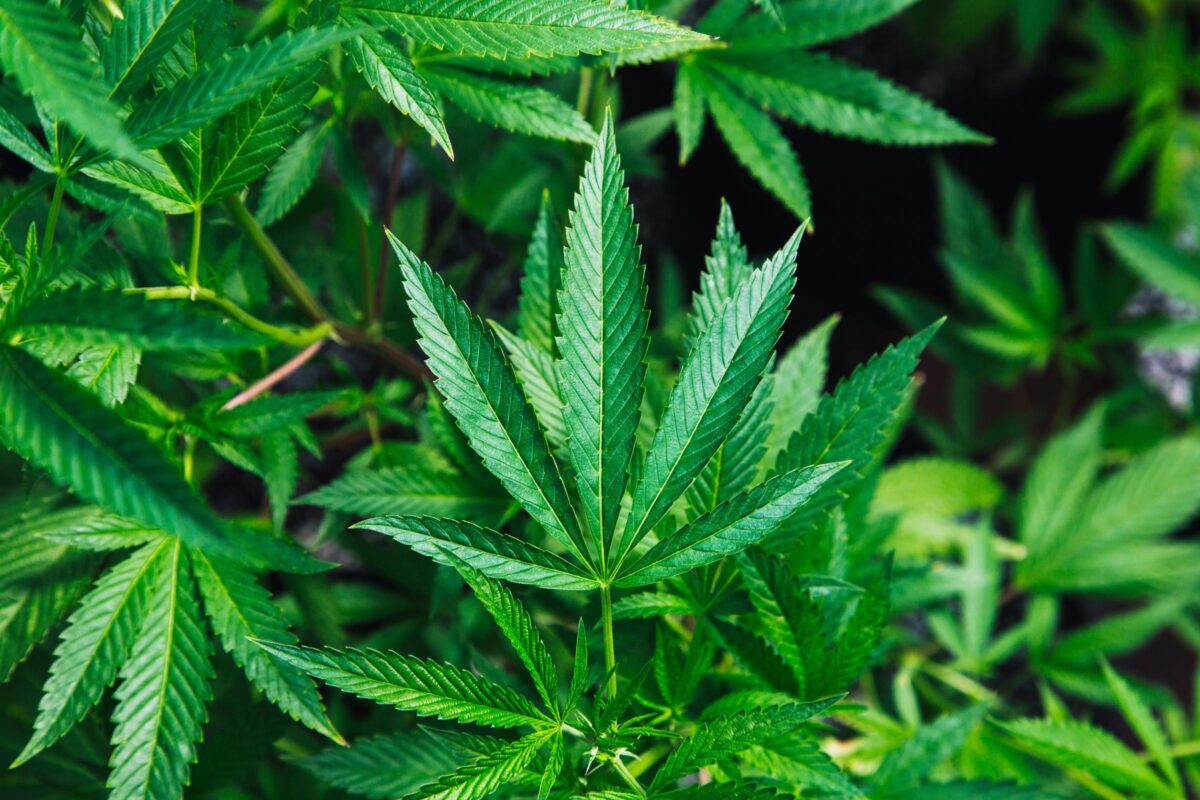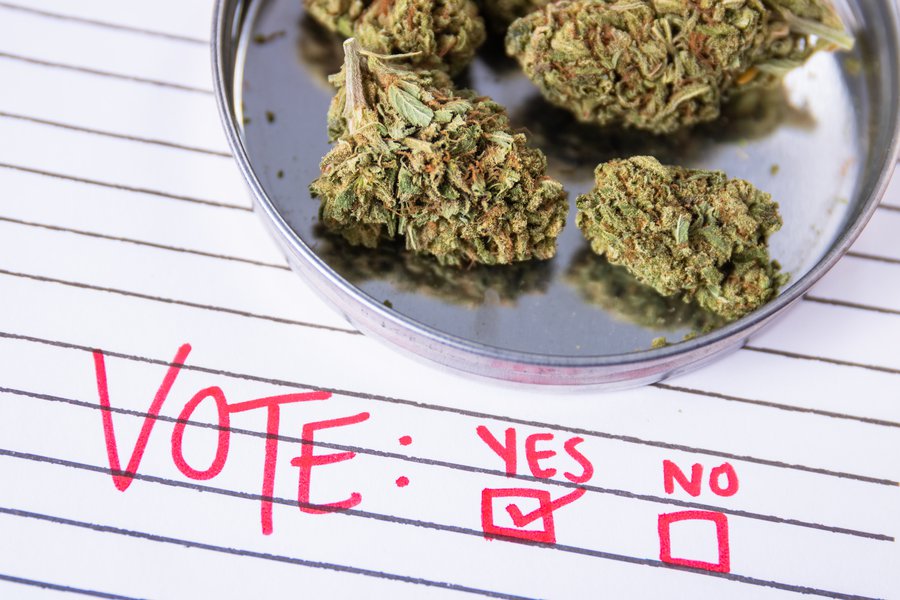The question of cannabis regulation has circulated in both social discourse and government policy over the last few years. We’re currently in a period where states are loosening up – are we witnessing a shift towards complete decriminalisation?

Last week, new legislation was passed that made medicinal cannabis more accessible in Queensland, whereby any registered medical practitioner could prescribe it to a patient suffering from any condition, if deemed “clinically appropriate” and received the needed Commonwealth approval. Prior to this amendment, there were only a handful of specialist doctors – dubbed ‘authorised prescribers’ – from which patients could get medicinal cannabis prescriptions form. These authorised prescribers previously had to complete an application to the Therapeutic Goods Administration for each script, a process that could take up to 10 days. This new legislation means that the process of prescribing is much more stream-lined, making it easier for the doctors and patients.

The new regulations mean that doctors can prescribe cannabidiol (CBD), tetrahydrocannabinol (THC) or tetrahydrocannabinol: cannabidiol (THC:CBD) products without state government approval, and these products can take the form of “vapour, capsules, sprays, or tinctures,” with a clear Government emphasis that smoking of cannabis will not be approved in Queensland. It follows the trend of increased demand for medicinal cannabis that we’ve seen over the last few years – in 2019, the Therapeutic Goods Administration granted 25,182 applications to prescribe medicinal cannabis, representing a 10-fold increase from the previous year. Some pharmacies have already been selling 40 to 50 medicinal cannabis products a week, even prior to the new legislation.
It’s a win for those suffering from chronic pain and illness, who made up most of the recipients of medicinal cannabis in 2019. However, it won’t necessarily mean getting a prescription for medicinal cannabis will be any easier – patients will still be advised to try all other avenues, with cannabis as a last resort.

Queensland’s progress with cannabis is one of a few key milestones to do with weed decriminalisation and legalisation over the years. In September 2019, the ACT remarkably legalised possession, use and cultivation of small amounts of cannabis, being the first Australian jurisdiction to do so. While it was a symbolic ruling, there is still some legal complexity, as it remained a prohibited drug and was still deemed a crime under Commonwealth law. South Australia and the Northern Territory have begun to decriminalise cannabis by applying civil penalties, provided it is a relatively minor offence.
Weed decriminalisation and legalisation is an area where the law is lagging behind society – many Australians support the decriminalisation of medicinal cannabis, with young Australians increasingly supporting the full legalisation of recreational cannabis. It’s an important conversation to be having considering that some of the most at-risk communities are negatively affected by a tough-on-drugs approach. It has been found police in New South Wales pursue over 80% of Indigenous people found with minor amounts of cannabis, compared with only 52% for their non-Indigenous counterparts. Patterns like these largely contributed to the over-representation of the Indigenous population in the criminal justice system, a cause that recent protests, both nationally and internationally, have been demanding reform.
It’s clear that we’re inching slowly towards complete weed decriminalisation, and possibly even legalisation, given the progress we’ve made in recent years. While legalisation may forever divide public opinion, reform is definitely needed to address inequalities in our justice system.
Subscribe to FIB’s Weekly Alchemy Report for your weekly dose of music, fashion and pop culture news!






